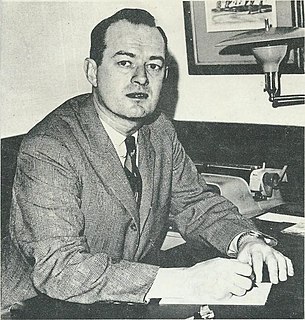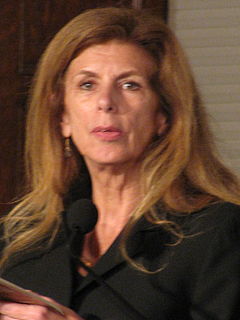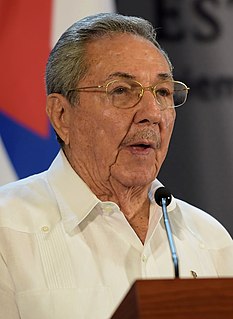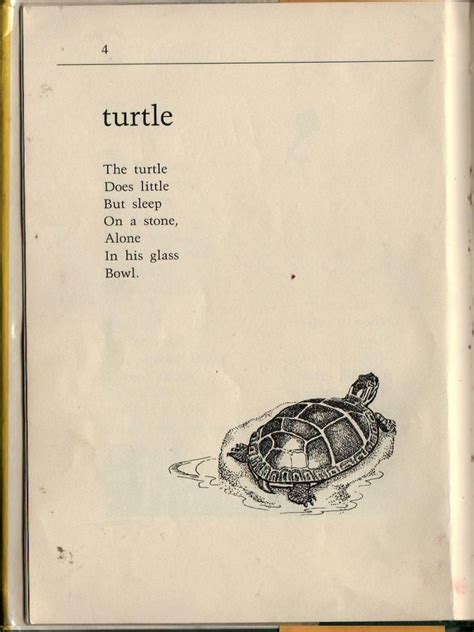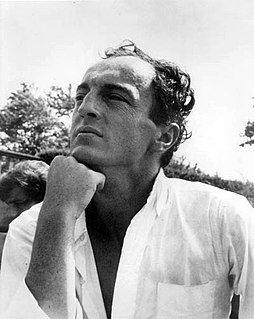A Quote by Oscar Wilde
There are two ways of disliking poetry, one way is to dislike it, the other is to read Pope.
Related Quotes
There’s different ways to be impacted by truth. One is to read the scriptures. Another is to read other works by other people who have read the scriptures, non fiction for example. Another is to do studies. Another is to go to a place of worship. Another thing is to sit and listen to someone who’s speaking. There’s all kinds of ways. Another way is to write. About the truth. Discover the struggle through your character.
Reading has always brought me pure joy. I read to encounter new worlds and new ways of looking at the world. I read to enlarge my horizons, to gain wisdom, to experience beauty, to understand myself better, and for the pure wonderment of it all. I read and marvel over how writers use language in ways I never thought of. I read for company, and for escape. Because I am incurably interested in the lives of other people, both friends and strangers, I read to meet myriad folks and enter their lives- for me, a way of vanquishing the “otherness” we all experience.
You know, there are good reasons to learn how to read. Poetry isn't one of them. I mean, so what if two roads go two ways in a wood? So what? Who cares if it made all that big a difference? What difference? And why should I have to guess what the difference is? Isn't that what he's supposed to say? Why can't poets just say what they want to say and then shut up?





